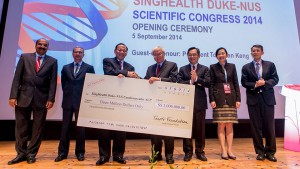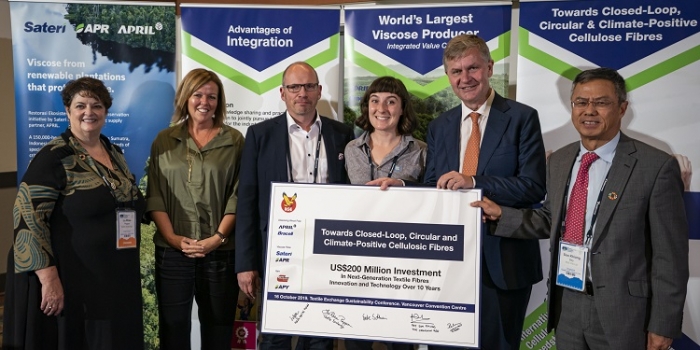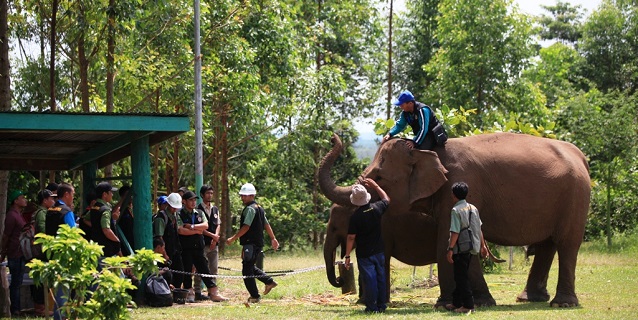Tanoto Foundation Professor of Cardiovascular Medicine at SingHealth Duke-NUS Academic Medical Centre, Professor Stuart Cook and his team recently developed a new test that will significantly shorten the time for patient screening for inherited heart conditions. (see news report)
Shorten screening time for heart conditions
Patients at the National Heart Centre Singapore (NHCS) previously had to return for yearly screenings to check if they had inherited heart conditions. The time taken to analyse and validate the collected information would otherwise have taken months.
Jointly developed with Imperial College London, the new test allows the processing of genetic information to be completed in one day, followed by up to three weeks for researches to interpret and validate the data.
Professor Cook said that DNA sequencing technology will be the future of medical diagnosis, providing timely and personalised diagnostics solutions.
Tanoto Foundation Professorship in Cardiovascular Medicine

Throwback: Tanoto Foundation made a donation in Sep 2014 to fund the professorship and research. (Image source: NUS)
In a bid to help advance research in cardiovascular medicine in Asia, Tanoto Foundation conferred the Tanoto Foundation Professorship in Cardiovascular Medicine to Professor Cook in December 2014 (also see news release). His cardiovascular research is focused on Asian populations, whose genetic makeup is different from other genotypes.
Tanoto Foundation’s key philanthropic agenda is the three-prong “Educate, Empower, Enhance” approach to poverty alleviation. When additionally supported by other domains such as medical research, the Foundation hopes the quality of life of many people of Asian descent can be significantly enhanced for the longer term.
Founded by the Sukanto Tanoto and his family, Tanoto Foundation has built people to be independent, empowered and active contributors to their communities and countries. The foundation’s contributions to disaster relief, community building, medical research and cultural development all help to raise living standards and quality of life. Beneficiaries are not only communities living in poverty but those able to help others alleviate poverty.







